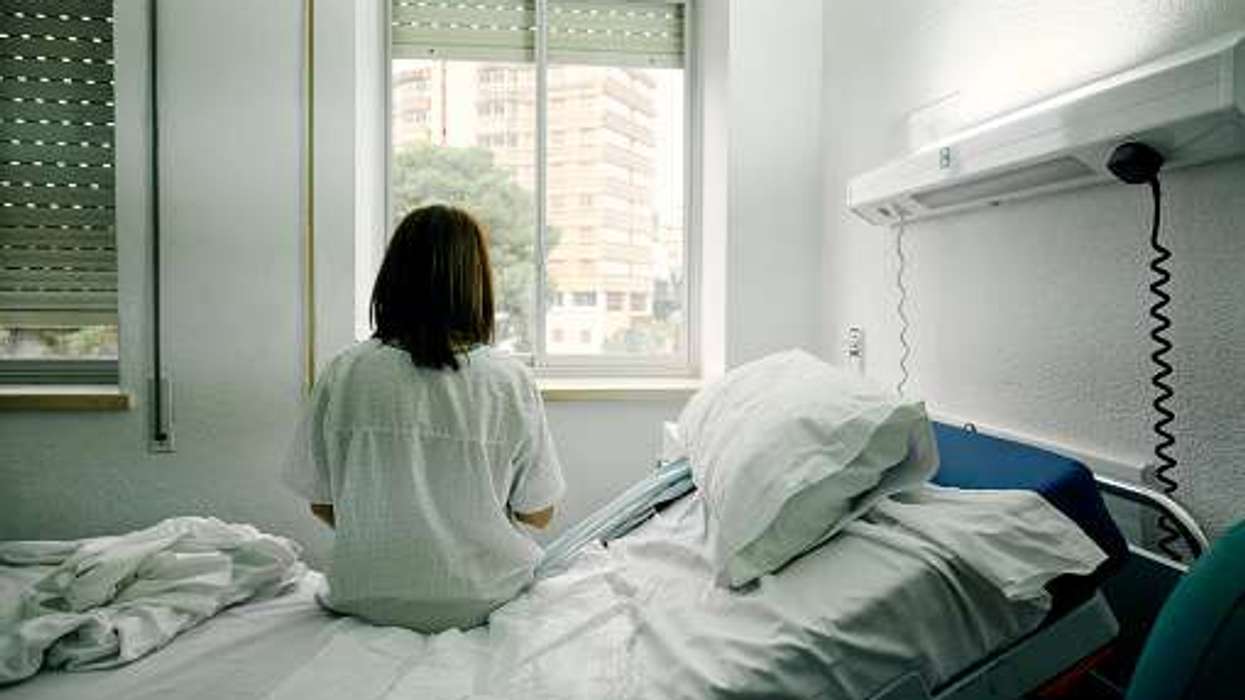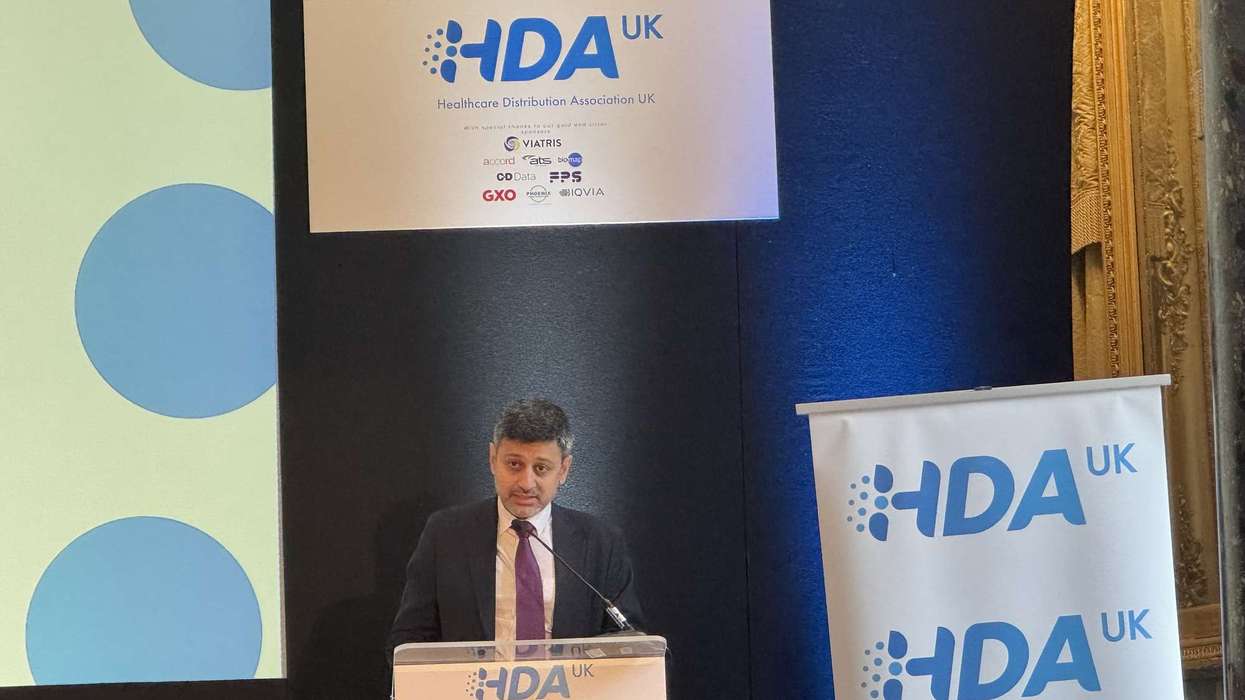While Northern Irish business groups has welcomed the certainty a new EU-UK deal on post-Brexit trade rules for the region provided, the pharmaceutical industry too has expressed cautious optimism.
In his speech on the Windsor Framework on Monday (February 28) Prime Minister Rishi Sunak said the agreement "delivers a landmark settlement on medicines".
"From now on, drugs approved for use by the UK’s medicines regulator will be automatically available in every pharmacy and hospital in Northern Ireland," he announced.
The National Pharmacy Association’s Northern Ireland manager Anne McAlister expressed a sense of cautious optimism.
She said: “While the devil may yet be in the detail, the Windsor Framework would appear to be good news for pharmacies in Northern Ireland. It seems to address the main concerns we have expressed about medicines supplies to NI, but we want to examine the small print to ensure the new arrangements meet the needs of our members and the patients they serve.
“Given the complexities of political life in Northern Ireland, we are not celebrating a done deal just yet, however we are cautiously optimistic about the progress made.”
Welcoming that if implemented the deal will allow medicines to flow seamlessly from GB to NI once again, the Healthcare Distribution Association (HDA UK) said that it "has always consistently argued for the need for no divergence in medicines allowed to be supplied to NI, when compared to the rest of the UK."
It added: "HDA welcomes the Windsor Agreement regarding medicines supply wholeheartedly - common sense has prevailed."
Richard Torbett, chief executive at the Association of British Pharmaceutical Industries, hoped the agreement could "bring a return to a single UK market for medicines" and thereby provide "the permanent solution that our members have been calling for".
“Pharmaceutical companies will now need the right amount of time to make all necessary changes. We will need to carefully consider the transition period for making these changes and ensure any new guidance is clear and provided as soon as possible," he said.
Torbett added: “Alongside the measures specific to medicine regulation, it’s great news that the work on the UK’s association to Horizon Europe can begin, which will help to deliver the UK’s ambition to be a science superpower.”
"Reaching an agreement is an important step in securing the stability and certainty businesses have been seeking," said the Northern Ireland Business Brexit Working Group, a group representing all the main industries in Northern Ireland.
"It is our shared aspiration that the agreement will deliver a unique platform that unlocks economic growth and investment, but we will need time and space to work through the technical detail with our members."
Kim Innes, general manager, UK & Ireland, Teva said she was "pleased to hear" the announcement to change the Northern Ireland Protocol.
"At Teva, we had made no secret of our concerns about the Protocol in its previous format, specifically around the regulation of medicines and potential impact on patient access to the treatments they need.
"So, I was particularly pleased to hear the Prime Minister outline a “landmark settlement” on medicines supply, and observe that medicines approved by the UK regulator will be available in Northern Ireland as in Great Britain, under the same conditions."











